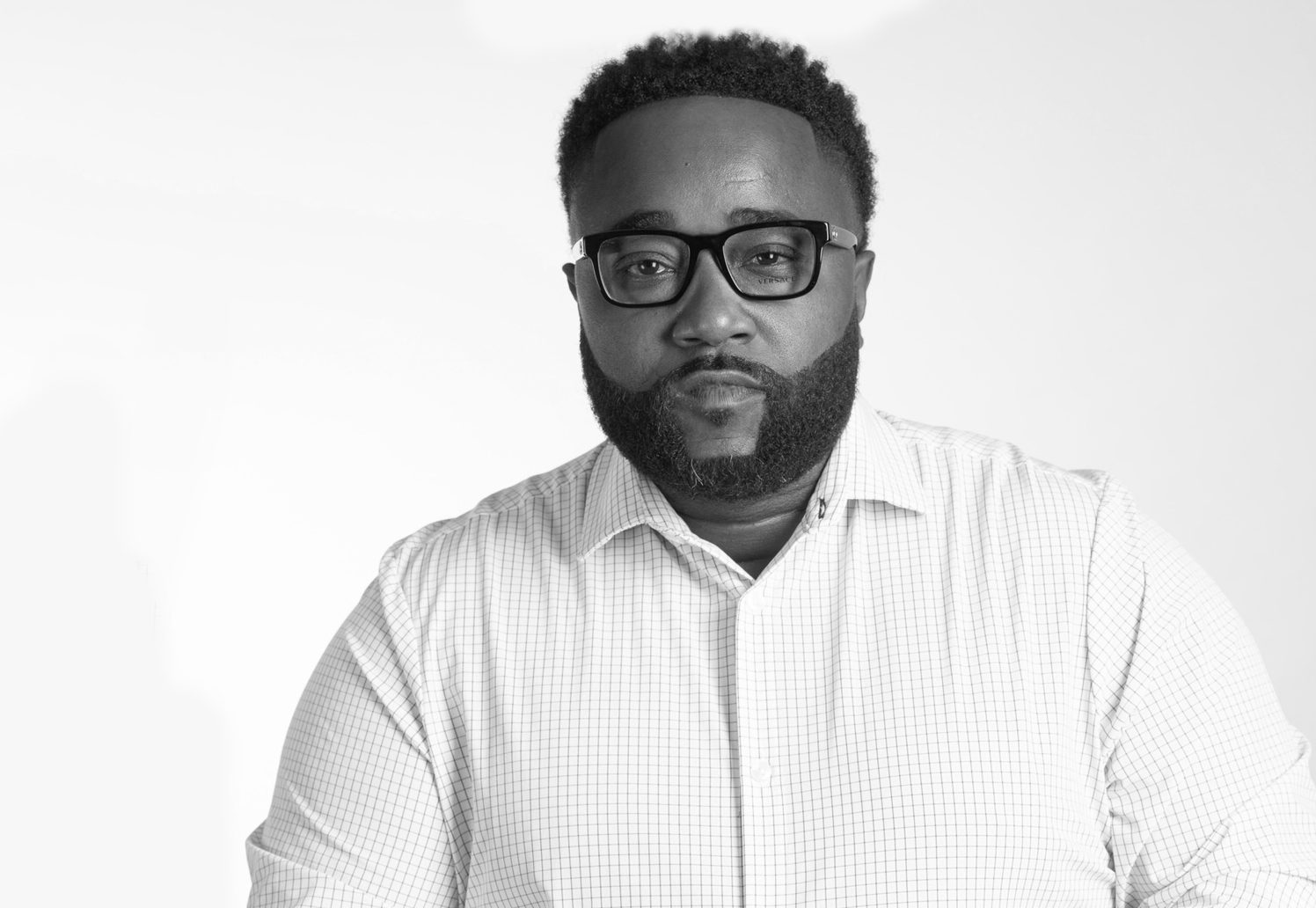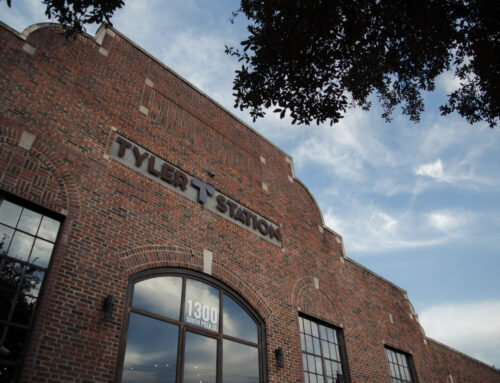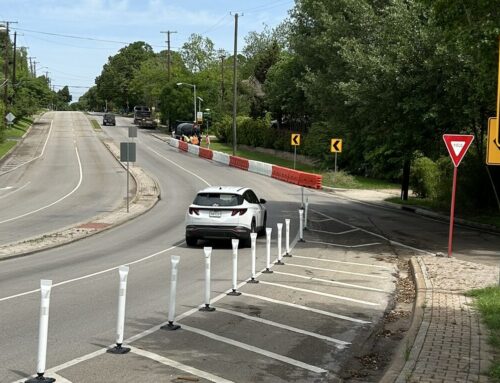
Photo courtesy of Antong Lucky
Through the 1980s and ’90s, the Frazier Courts housing project in Dallas was a hotbed for trouble. It’s also where Antong Lucky, a gang-leader-turned-reform-activist, grew up.
Lucky says he became a gang leader in middle school. Though he wanted to be a good kid, staying on the straight and narrow wasn’t part of survival in the projects. A rival gang threatened his life twice but ended up shooting and injuring a nearby child instead.
These events led him and a few friends to start the Dallas 415 Bloods gang to combat the Crips’ attacks.
Their knowledge of gangs was based on the 1988 Dennis Hopper-directed movie Colors and the band NWA, he says.
“We just knew the enemy of the Crips was the Bloods from watching the movie,” he says. “So we just said ‘we’re gonna be Bloods, in the roughest, toughest gang in the city,’ and we did, from 1993 to 1995. I don’t glamorize it, but it did happen.”
Now, 20 years after his release from prison, Lucky’s a memoir, A Redemptive Path Forward: Incarceration Activism, comes out May 17 from publisher Penguin Random House.
The book details his experiences growing up in South Dallas, what happened to him while he was in prison, and his life afterward as an activist.
Beating up other kids and fights with rivals from other gangs became normal. Then one day, the police raided his neighborhood, and many of his friends wound up in prison.
That’s when Lucky transitioned to drug dealing, mainly selling fake crack cocaine and then real crack cocaine, according to his memoir. He justified drug dealing as providing for himself and his family.
Initiation of new gang members involved standing against five members in a fight without falling. Lucky was the only one who could stop or start the initiation, since he was the leader. He says he would stop the fight depending on the amount of blood coming from the new recruit’s face.
Once he was convicted and sent to prison, a fellow inmate named Willie Ray Fleming became Lucky’s mentor. Fleming was 35, and Lucky was 19 at the time. Fleming told Lucky that he noticed other inmates doing whatever he asked of them and paying “homage” to him.
“If you can lead these dudes to do wrong, you’ve got the same ability to lead them to do right,” Fleming told him.
“I had never heard those words before,” Lucky says.
His mentor gave Lucky books to read, and he began using his knowledge to teach other inmates. He began to view prison as a learning experience.
I was inclined to write about this in hopes that my pain, my struggle, everything that I went through, the lessons that I learned could be medicine for somebody else.
“I just began to educate myself. And I made prison be college,” he says. “I started teaching in prison. I became the sought-out inmate because I was really calling on men to be accountable and responsible.”
It took about three years to write the book, and the process had a cathartic element to it, allowing him to revisit his past and fears from a different perspective. He worried about how those closest to him would interpret his retelling of events.
“I have come to realize that they may see the stuff totally differently than the way that I was describing it,” he says.
Alongside the late Bishop Omar Jahwar, an Oak Cliff native, Lucky says he’s helped build several nonprofits aimed at reforming at-risk youth, those coming out of prison and former gangsters in disadvantaged communities throughout Dallas.
The nonprofits include Urban Specialists, Original Gangsters United and the Heal America Movement. After Jahwar dide last year from COVID complications, Lucky took over as president of Urban Specialists.
“Redemptive activism,” a term Lucky hopes will become more common, is part of his mission to challenge the justice system with love, courage and truth.
“So whether you are Republican or Democrat, if you’ve really embraced redemptive activism, you can have real conversations with people and find real solutions.”





